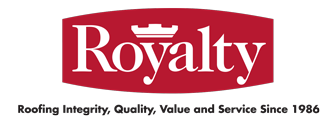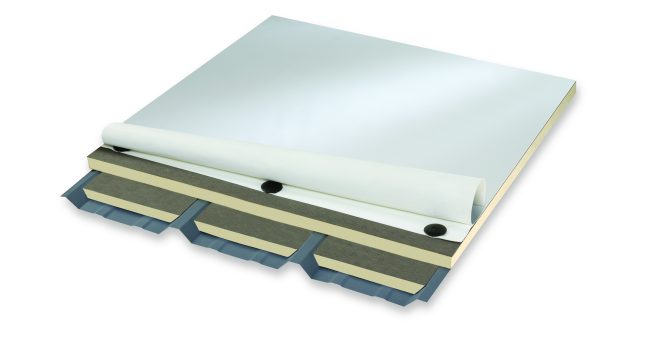Commercial Roof Insulation and Deck Coverings
Commercial roofing installations are quite a bit different from residential applications, but there are commonalities. One of them is the fact that for both types of installations, insulation and / or other decking materials are part of the new system. Choosing the proper combination ensures a more energy-efficient structure, helps prevent leaks and promotes longevity of the roofing installation.
While numerous options are available, not all commercial roofing membranes are compatible with certain insulation types. So, if you’re in the market for a new roofing system, make sure that the contractor you choose understands all the compatibility issues. With this in mind, here are some of the most popular commercial roof insulation and decking options.
Polyisocyanurate Insulation
Polyisocyanurate is a popular closed cell plastic foam insulating core. The primary core is inserted between facers that are crafted from glass-fiber reinforced aluminum, inorganic or organic felt, or glass-fiber mat. This material is popular due to its rigidity and high thermal resistance.
Polystyrene Insulation
Extruded polystyrene (XPS) involves the blending of heated polystyrene polymers that are then exposed to specific atmospheric conditions. Expanded polystyrene (EPS) is also called beadboard and results when an applied foaming agent impregnates the polymers and is exposed to heat. These processes result in the production of durable closed-cell insulating materials. Polystyrene insulation is not compatible with PVC roof membranes and must be installed with a compatible slip sheet between the surfaces of these two materials.
Perlite Insulation Board
Perlite insulation is crafted from an inorganic volcanic silicaceous volcanic glass combined with binders and fibers of an organic nature. The surface of the board often has a coating of asphalt to expedite torch-down roofing applications. Here again, there are compatibility issues with some commercial roofing technologies.
Cellular Glass
This insulator is a combination of a foaming agent and crushed glass that is heated within a mold and melted. During the process, the mixture expands to create the connected closed cells that make cellular glass a dynamic commercial roofing insulation material.
Gypsum Board
Gypsum cover boards can be used in most commercial roof applications in conjunction with other insulation products. They provide good wind uplift and hail resistance as well as protection against moisture and mold. Gypsum boards are inexpensive and easy to install on a roof before the membrane is applied.
With over 30 years of experience installing high-quality roofing systems, Royalty Roofing has the expertise you need for your commercial roofing project.


